As artificial intelligence (AI) continues to advance, its impact on various industries is becoming increasingly profound. One sector that’s experiencing a transformative shift is corporate video production. In this comprehensive exploration, we’ll delve into the future of AI in corporate video production, examining the advantages it brings and the challenges it presents.
The Advantages of AI in Corporate Video Production
Efficiency and Speed
AI-powered tools and algorithms can significantly expedite the video production process. Automated editing, scene recognition, and content indexing enable faster turnaround times, allowing businesses to create and distribute video content more efficiently.
Enhanced Personalization
AI can analyze user data to create personalized video content tailored to specific audiences. This level of personalization enhances engagement and strengthens the connection between the brand and its audience.
Quality Improvement
AI technologies, such as deep learning algorithms, can enhance video quality by upscaling resolution, reducing noise, and improving color grading. This can result in visually stunning videos that captivate viewers.
Automated Transcription and Subtitling
AI-powered transcription services facilitate the creation of accurate subtitles and closed captions. This not only improves accessibility but also enhances the searchability of video content.
Predictive Analytics for Content Strategy
AI can analyze data patterns to predict the types of video content that will resonate with specific audiences. This predictive capability aids in the development of targeted and effective content strategies.
Virtual Production and Augmented Reality (AR)
AI contributes to the growth of virtual production techniques, enabling the integration of computer-generated elements in real-time. This opens up new possibilities for creative storytelling and immersive experiences in corporate videos.
Disadvantages and Challenges of AI in Corporate Video Production
Initial Implementation Costs
While AI can lead to long-term cost savings, the initial investment in AI technologies can be substantial. Small and medium-sized businesses may find it challenging to allocate resources for AI integration.
Job Displacement Concerns
The automation of certain tasks in video production raises concerns about job displacement. As AI takes over routine processes, there may be a shift in job roles, requiring workers to adapt to new skill sets.
Complexity and Learning Curve
AI technologies can be complex, and mastering their use requires a learning curve. Video production teams may face challenges in adapting to new tools and integrating them seamlessly into their workflows.
Lack of Creativity and Human Touch
While AI excels at certain tasks, it may struggle to replicate the nuanced creativity and emotional depth that humans bring to video production. Maintaining a balance between automation and the human touch is crucial for creating compelling content.
Ethical and Biased Concerns
AI systems are only as unbiased as the data they are trained on. There are concerns about the potential reinforcement of biases in video content produced by AI, necessitating careful monitoring and ethical considerations.
Security Risks
As AI becomes more integrated into video production processes, there is an increased risk of security breaches. Safeguarding AI systems and the sensitive data they handle is a paramount concern for businesses.
Over Reliance on AI Decision-Making
Over Reliance on AI for decision-making in video production may lead to a lack of critical human oversight. It’s essential to strike a balance and ensure that humans maintain control over the final creative output.

The Future Landscape: Striking a Balance
The future of AI in corporate video production is likely to revolve around effective collaboration between humans and AI. Finding the right balance ensures that AI complements human creativity rather than replacing it. It’s crucial for video production professionals to engage in continuous learning and adaptation. Staying abreast of AI developments ensures that teams can leverage the latest tools effectively.
To overcome challenges related to job displacement and the learning curve, businesses should invest in training programs to upskill the video production team. This ensures that employees remain valuable contributors in the AI-driven landscape.
The future of AI in corporate video production holds immense promise, from increased efficiency to enhanced creativity. However, it’s essential to approach AI integration with a thoughtful and strategic mindset. By navigating the advantages and challenges, businesses can position themselves to harness the full potential of AI while maintaining the human touch that is integral to compelling and impactful video content. The journey toward the future of AI in corporate video production is an exciting one, marked by innovation, collaboration, and a commitment to ethical and responsible use of technology.

